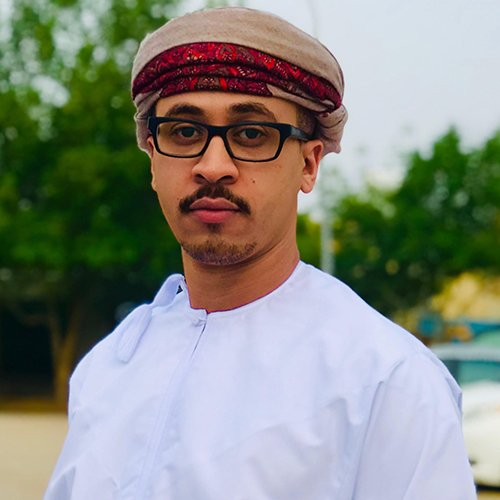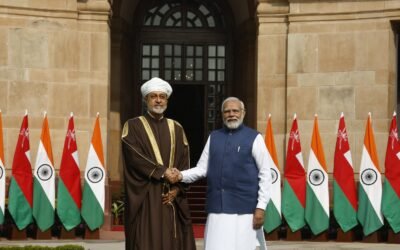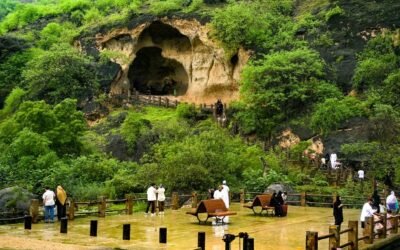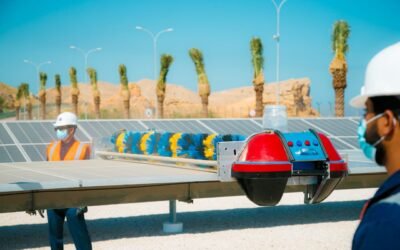This is due to the Omani writer Muhammad al-Yahya’i, who attributes it to the fact that the Omani political history dictates conservatism and slowness in opening the political field to the participation of citizens. And Stability, in addition to another issue that is no less important than the above, is, in our estimation; The extent to which citizens are willing to understand and practice political participation through an official institution in a civil form, as the state is new to the institutional practice based on the language of civil dialogue since the social structure is very complex in terms of tribal influence and the control of religious thought, so any openness to popular participation directly and open to powers It inevitably leads to the domination of certain social components on political life.
While the ruling authority realizes the importance of avoiding this from happening so that the state does not fall into internal conflicts due to the control of traditional social components over the political life in the state. Therefore, the choice was towards building a civil society, and gradually opening the door to institutional popular participation according to planned stages that take into account the maturity of social awareness towards a democratic practice of Omani specificity, far from being affected by social interactions imposed by traditional social components.





